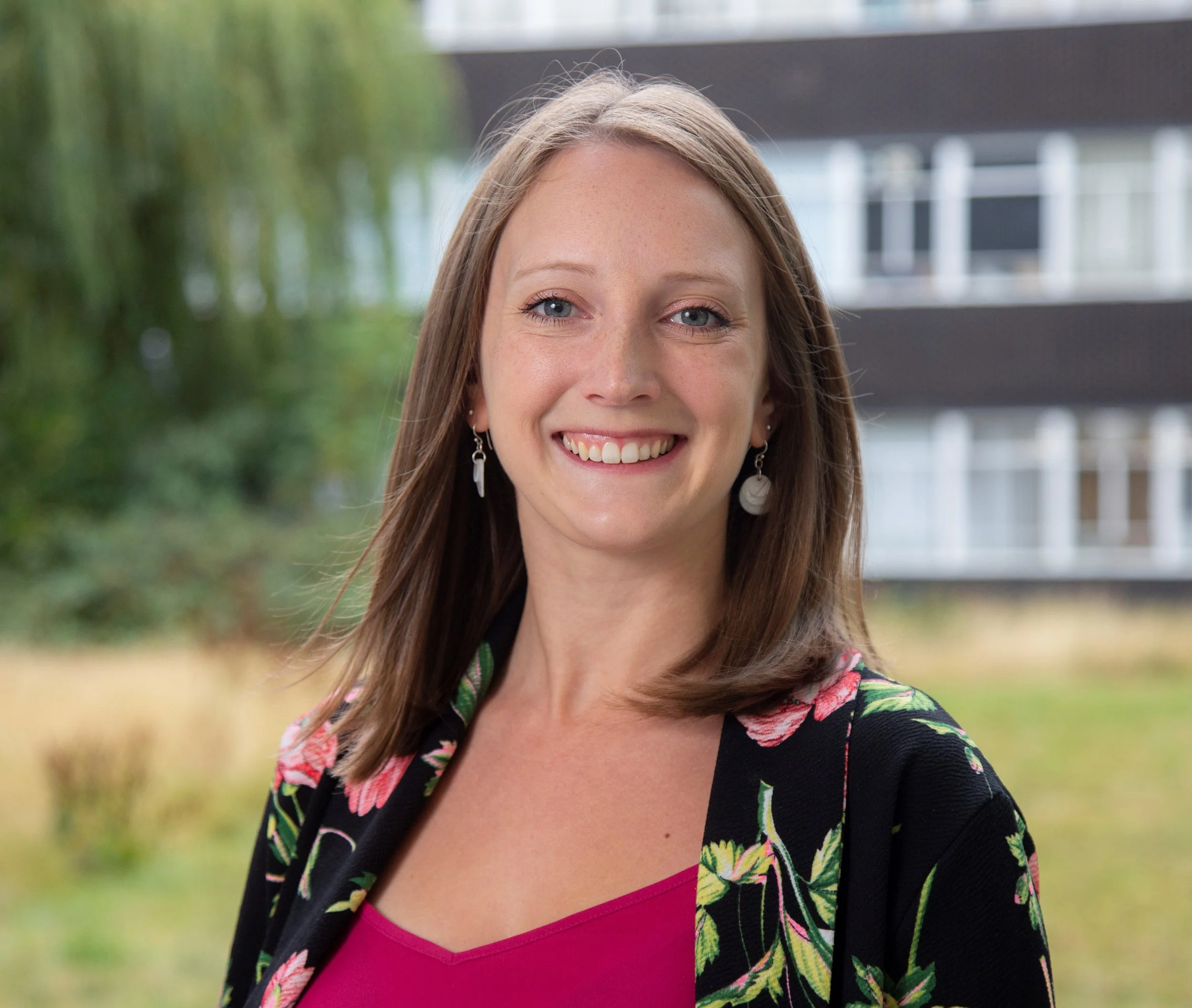
We are the U21 Autism Research Network
Our team.
Our lead investigator is Dr Sophie Sowden from the University of Birmingham. If you are interested in learning more about or getting involved with the network, you can get in touch with Sophie at s.l.sowden@bham.ac.uk.
The U21 team comprises autism researchers from around the world, dedicated to making research more inclusive of the autism community and ensuring we strive for research that represents the full diversity of this community. Read more about our sites below.
The University of Birmingham, UK
The Sowden Lab and Cook Lab study social cognition and bodily movement (and the link between the two) in autistic and non-autistic adults. They also examine interpersonal relationships and social decision-making between neurotype-matched and mismatched interaction partners.
The University of Birmingham, Dubai Campus, United Arab Emirates
Dr Shereen Sharaan’s research to date concerns autism, bilingualism and executive functioning. She is passionate about facilitating understanding of and research about neurodiversity in the Middle East and encouraging the inclusion of diverse samples in autism research.
The University of Connecticut, USA
The Connecticut Autism and Language Lab (CALL) examines social communication skills at multiple levels, from speech sounds (phonology), to words (the lexicon), to language structure (syntax), to how language is used for social purposes (pragmatics and discourse). We aim to connect these complex communication skills with domain-general cognitive and perceptual processes, to try to understand the mechanisms that underlie language difficulties. Visit our webpage at https://eigsti.psy.uconn.edu/ to learn more.
Waseda University, Japan
The Osu and Okamoto lab studies characteristic sensory-motor function of autistic people by multiple approaches. We investigate the development of brain functions related to body recognition in autistic people using functional magnetic resonance imaging. We also try to find autism specific body movement from children to adults by 3-Dimensional Motion Analysis Device and machine learning. Our goal is to contribute to the construction developmental model of sensory-motor function of autistic people. Please check our webpage https://sites.google.com/view/autismwaseda/home to learn more.
The University of Aukland, New Zealand
The small team of researchers from the School of Psychology at the University of Auckland, New Zealand works collaboratively to study auditory processing and speech and language development in autistic individuals. Dr Joan Leung and Professor Suzanne Purdy are involved in researching auditory processing challenges experienced by autistic people, and potential amelioration via remote-microphone hearing aid technology. They work closely with SoundSkills Auditory Processing Clinic in Auckland, and Joan is an autism specialist advisor to the practicing audiologists. They also work closely with Elizabeth Fairgray, senior speech-language therapist and professional teaching fellow at the University of Auckland, investigating the effects of atypical auditory processing on speech and language development. Dr Bianca Jackson is involved in research looking at communication between adults and children, and how sensory regulation influences communication skills. She works with families to develop communication and eating skills for enjoyable mealtimes. This team is embedded within a larger initiative called the Minds for Minds Autism Research Network based at the University of Auckland. Minds for Minds is focused on getting a better understanding of autism in order to help with diagnosis and contribute to the development of management options. The network encompasses a wide range of research activities (genetics, microbiology, psychology, physiology, immunology, audiology, speech language therapy) and is set to expand its research efforts further.
Université libre de Bruxelles, Belgium
The main objective of the research center ACTE (Autism in Context: Theory and Experiment) is to contribute to a better understanding of language development and communication skills in autism. Our research focuses in particular on the origins of language delays, social communication skills in children and adults and the implications of social communication differences in everyday interactions. To do so, we bring together investigation techniques from cognitive psychology (e.g., eye-tracking, EEG), social psychology (e.g., first impressions) and linguistics (e.g., discourse analyses, phonetic and phonological analyses) within an ecological research program, whose experimental dimension is geared towards specific sensibilities of autistic children and adults. Across all studies, we strive to consider the great heterogeneity that characterizes the autism spectrum.
Visit their webpage at https://acte.ulb.be/index.php/en/
The University of Hong Kong
More info coming soon…
Universidade Presbiteriana Mackenzie, Brazil
More info coming soon…
The University of New South Wales, Australia
More info coming soon…



